Hello and welcome to our October Newsletter!
We have now passed the Autumn Equinox where the earth tips and the hours of daylight start to be outweighed by the night. All around us plants shed their leaves, letting go of will not serve them in the coming months.
It is a good opportunity to reflect on what does not serve us and to focus on what is going to keep us well through the winter.
You might want to consider whether you are drinking too much alcohol or coffee? They are opposite ends of the energy spectrum - one reduces it the other increases it - but both come at a price for our cortisol levels.
If you feel like you are relying on one or the other of these, it is likely something is out of balance, why not book an appointment and I can help you recalibrate.
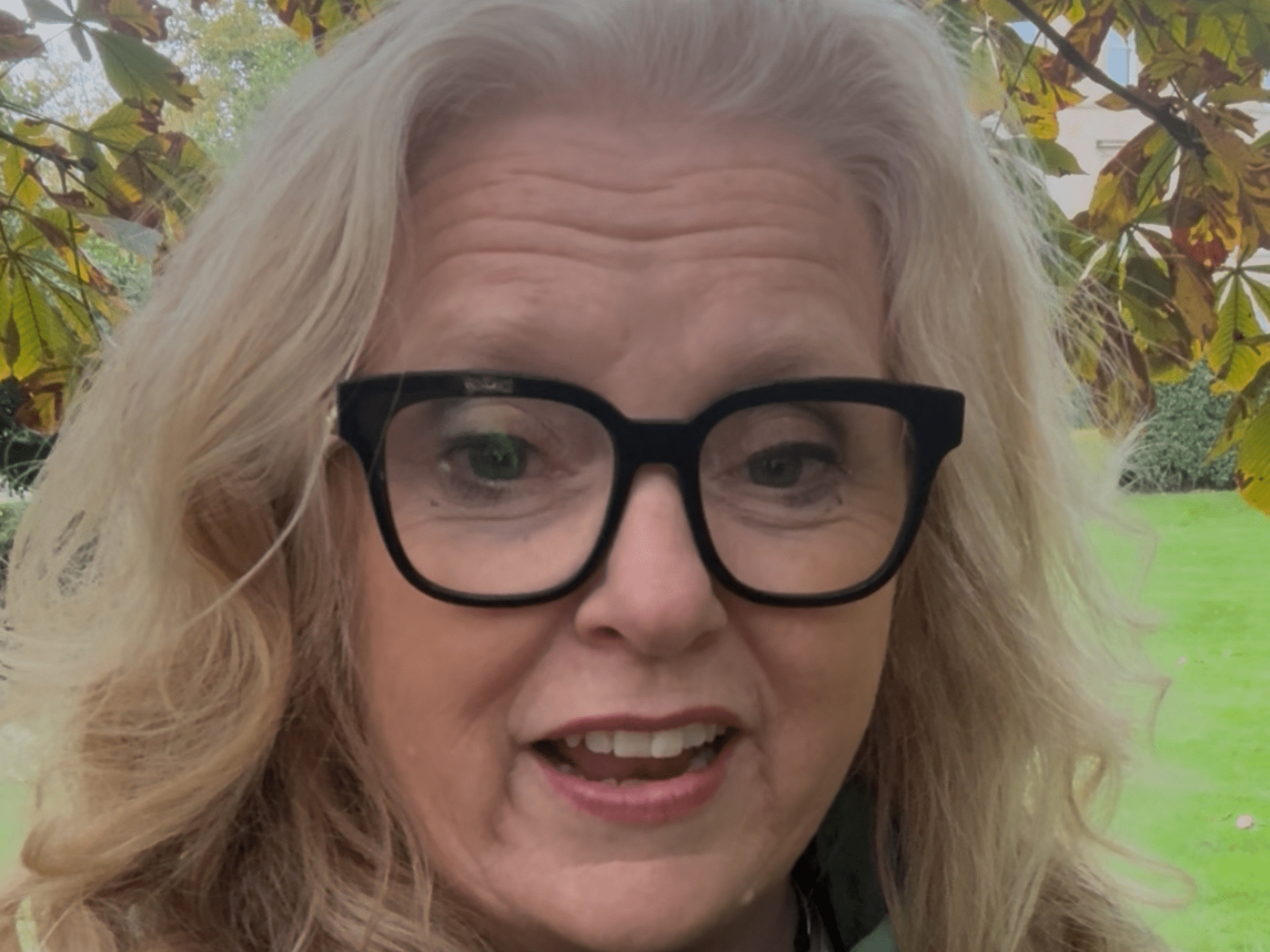
Notes from Nurse Diane
One of the best things we can do to make sure our body is on great form for any bugs you might encounter over the winter is to keep fit and healthy: Regular exercise, a great diet - sound familiar??
Unfortunately for some, work can get in the way of the very best intentions. If your job is stretching you to your limits, why not come and see me for a multivitamin infusion? It takes 30 minutes and the benefits last up to a month.
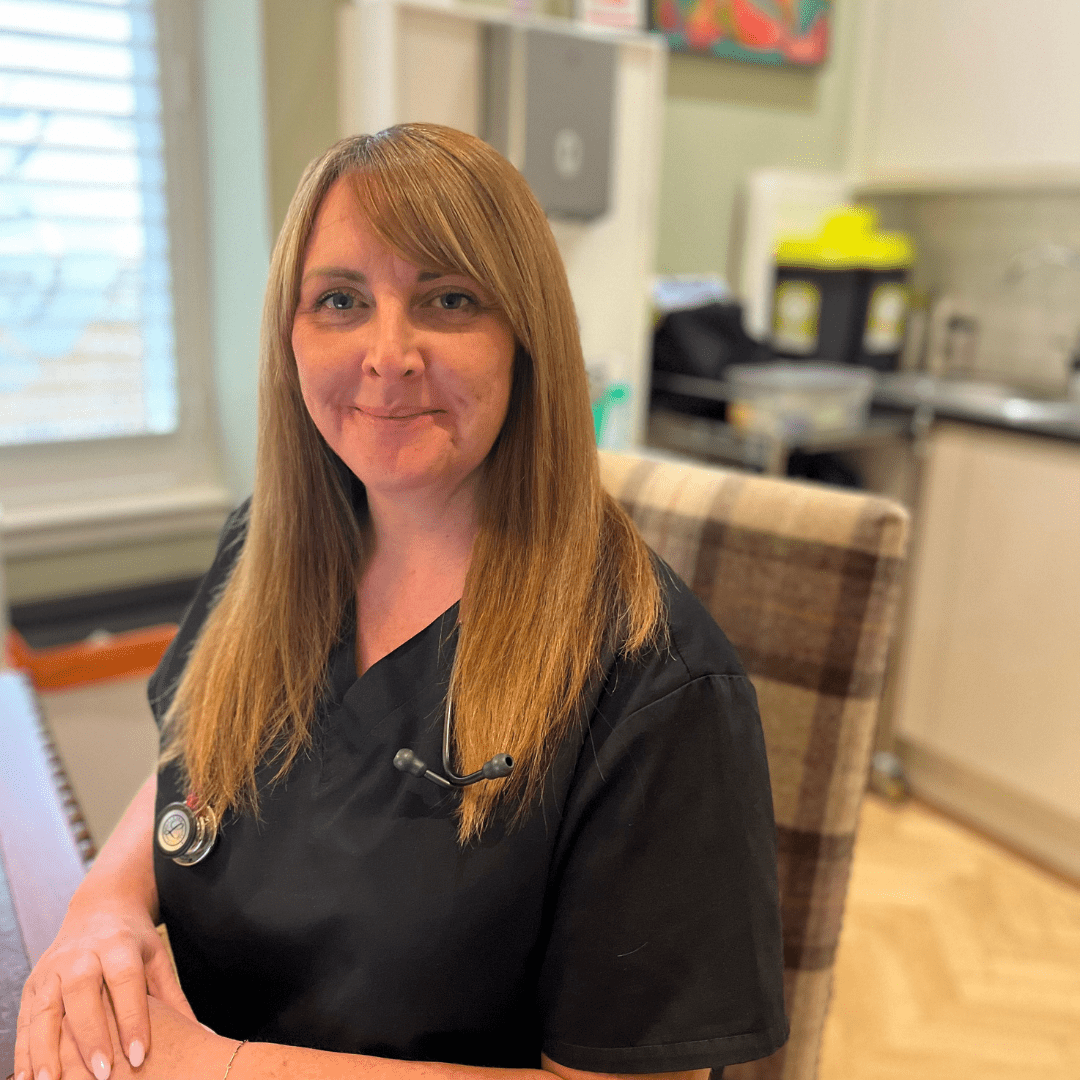
New section! News from the Experts
Skin Cancer Trial
Nicotinamide, a form of vitamin B3, has been shown to reduce the risk of non-melanoma skin cancers by enhancing DNA repair and reducing immune suppression caused by UV radiation.
Clinical studies suggest that nicotinamide supplementation may help prevent the development of new non-melanoma skin cancers, particularly in high-risk individuals.
As a safe and well-tolerated oral agent, nicotinamide offers a promising strategy for skin cancer prevention alongside sun protection measures.
The ONTRAC trial (a large randomized controlled trial in Australia) found that 500 mg of nicotinamide taken orally twice daily (total 1000 mg/day) significantly reduced the rate of new non-melanoma skin cancers in high-risk patients.
It is generally well tolerated, with few side effects compared to niacin (another form of vitamin B3). Unlike niacin, nicotinamide does not cause flushing.
Benefits appear to last only while the supplement is being taken — the protective effect diminishes if stopped.
If you would like to see Dr Beata Bakos our dermatologist we can usually offer an appointment within 4 weeks. We aim to book NAD Infusion Appointments within a week.b
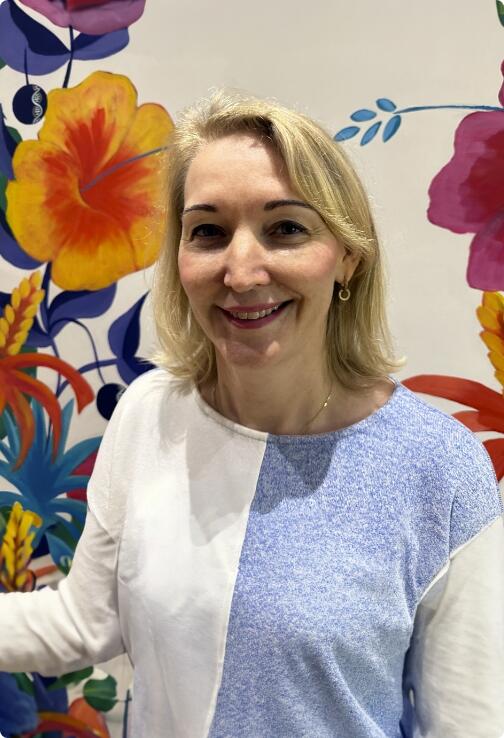
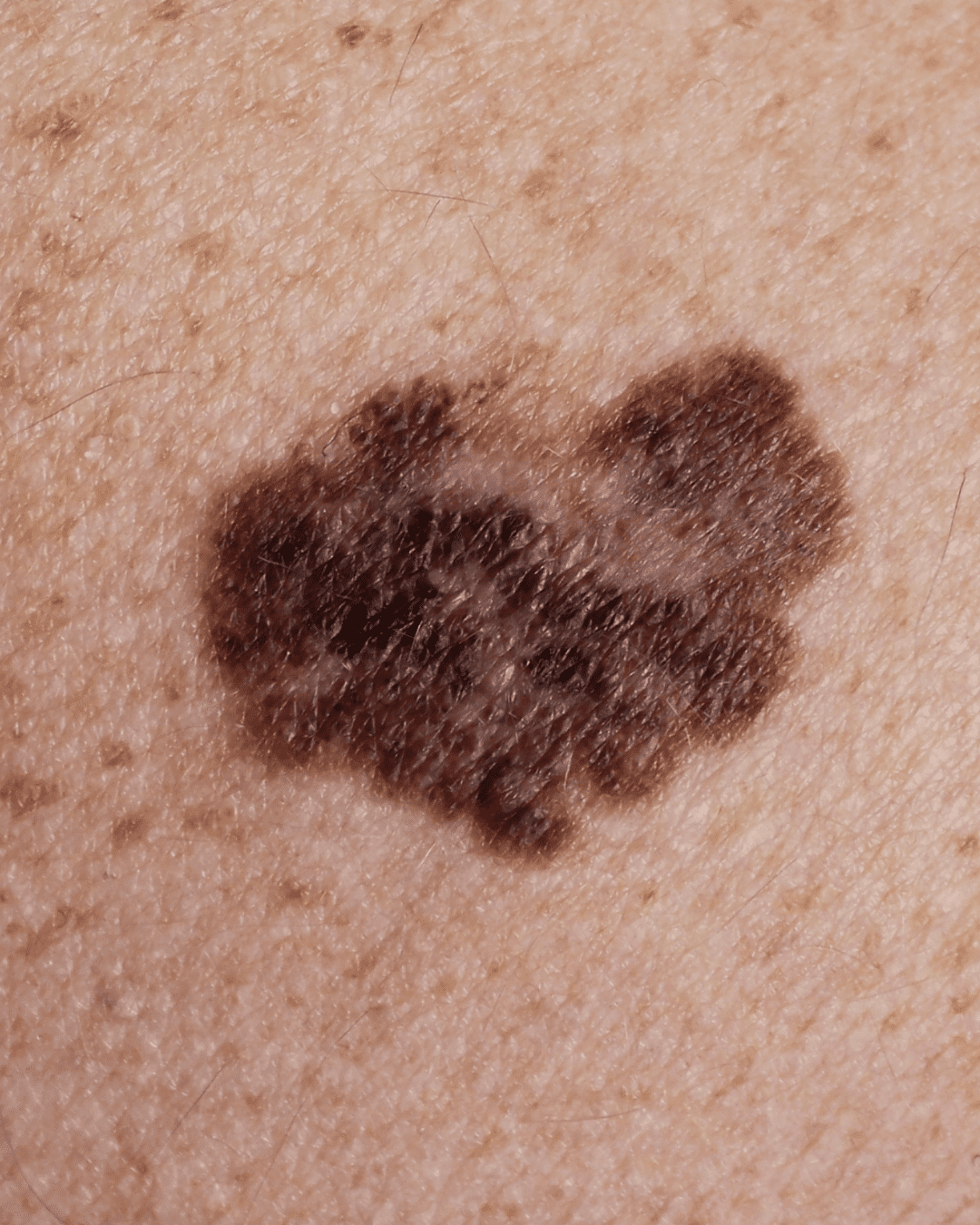
Menopause Awareness Month
Urogenital atrophy, is often overlooked in menopause care. It is the effect of reduced estrogen on the tissues of the vulva, vagina, bladder, and urethra. These progressive changes can cause discomfort, dryness, difficulty with sex, and urinary symptoms such as recurrent infections and bladder overactivity.
Importantly, 1 in 2 women are affected by symptoms following the menopause, increasing to 7 in 10 women after 70 years of age. However, it is not an inevitable part of ageing and we can provide help and treatment.
The mainstay of treatment, is with the use of localised topical estrogen therapy and vaginal moisturisers. Localised estrogen can be delivered in different forms including a cream, gel, small pessary tablet/ oily pessary or a vaginal ring. This is tailored to each women’s needs and wishes.
Additionally, recent evidence suggests treatment of urogenital atrophy with vaginal estrogen can significantly reduce the chance of hospitalisation and sepsis from urinary tract infections by up to 50%.
If this is something you which concerns you, please contact our team to arrange an appointment with Dr Claire Higgins.
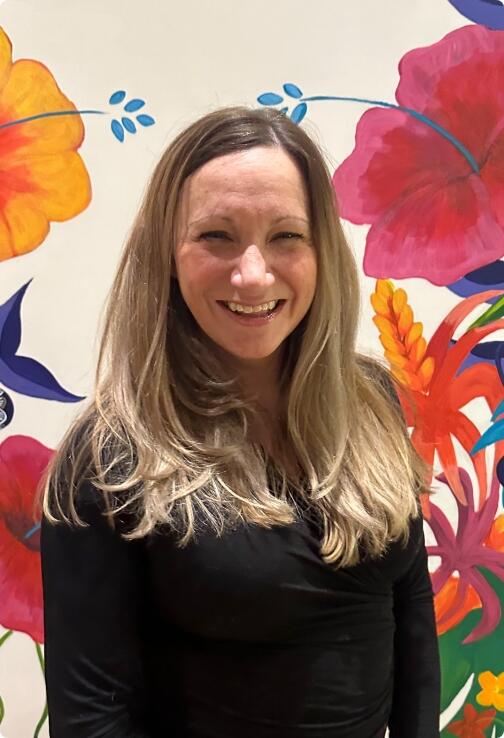
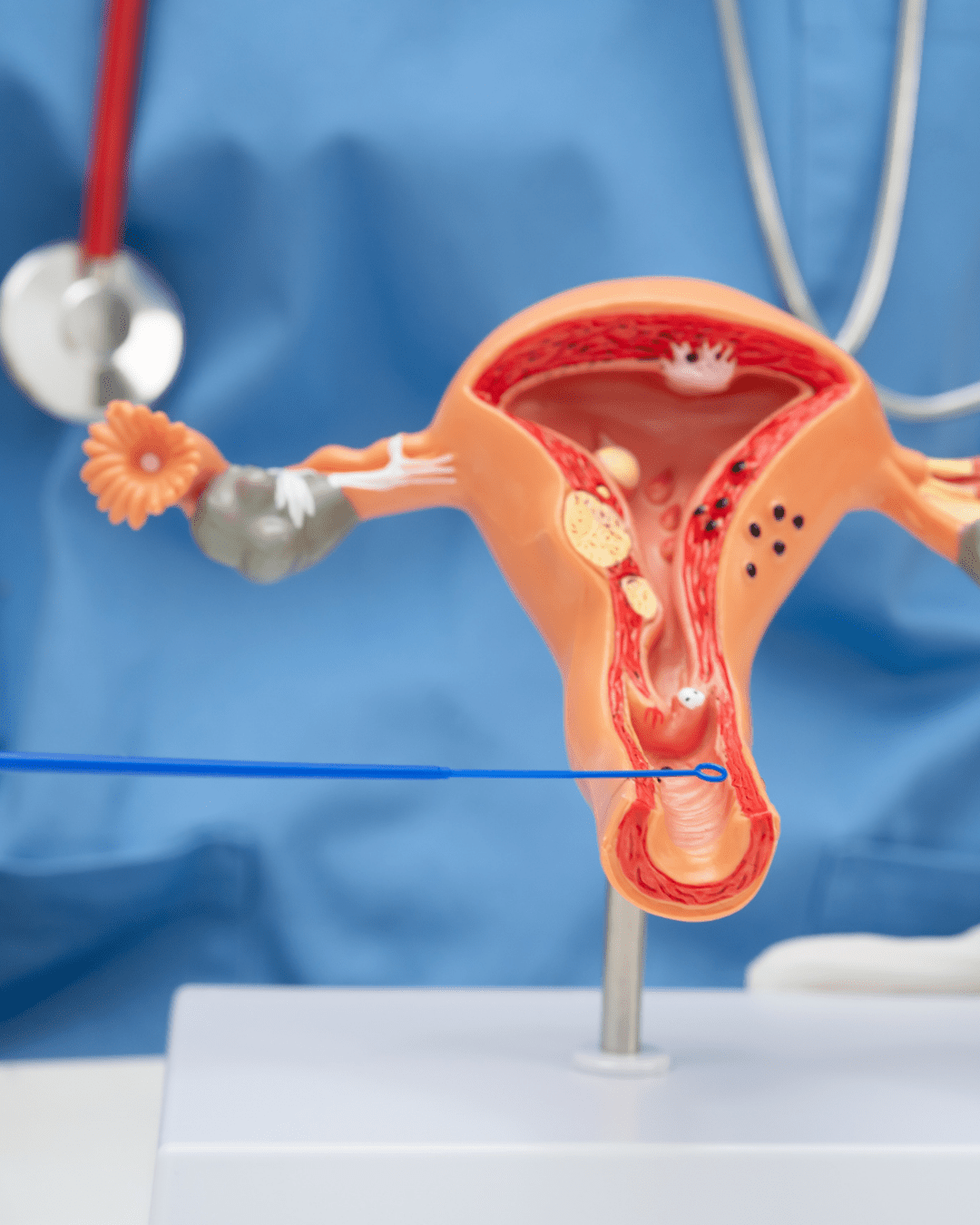
What is heart failure?
Heart failure means the heart is not pumping blood as well as it should. This can be because the heart is failing to pump or the heart is stiff. Heart Failure can cause tiredness, breathlessness, and swelling in the ankles or legs. Treatments can help improve symptoms, reduce hospital visits, and help you live longer.
How is heart failure treated?
Medicines include:ARNI, ACE inhibitors or ARBs – relax blood vessels and reduce strain on the heart; Many will have heard of Beta-blockers which slow the heart rate and protect the heart muscle; Mineralocorticoid receptor antagonists (MRA) help the body get rid of extra salt and fluid; and SGLT2 inhibitors are newer tablets that improve symptoms, reduce hospital admissions, and help people live longer, even if they don’t have diabetes; plus of course Diuretics (“water tablets”) which help reduce swelling and breathlessness.
Lifestyle changes which we are all familiar with; keep active; eat a balanced diet and reduce salt; avoid smoking and cut down on alcohol; also check your weight daily as sudden weight gain may mean fluid build-up.
Some people may benefit from special heart devices (cardiac resynchronisation pacemakers CRT-P/D, and/or defibrillators ICD).
What are SGLT2 inhibitors?
SGLT2 inhibitors are a newer group of tablets originally used for diabetes. Research has shown they are very effective in heart failure. They help people feel better, reduce the risk of going into hospital, and help patients live longer. They are now recommended as part of standard treatment for most people with heart failure, whether or not they have diabetes.
Large studies with thousands of patients have shown that SGLT2 inhibitors Lower the chance of going into hospital with heart failure; Help people live longer, healthier lives; Work well whether or not you have diabetes; Improve day-to-day symptoms like tiredness and breathlessness.
With the right combination of medicines – including the newer SGLT2 inhibitors – plus lifestyle changes, many people with heart failure can feel better, stay out of hospital, and live longer, healthier lives.t
If you are concerned about any of these symptoms, please book an appointment with Dr Karen Hogg.
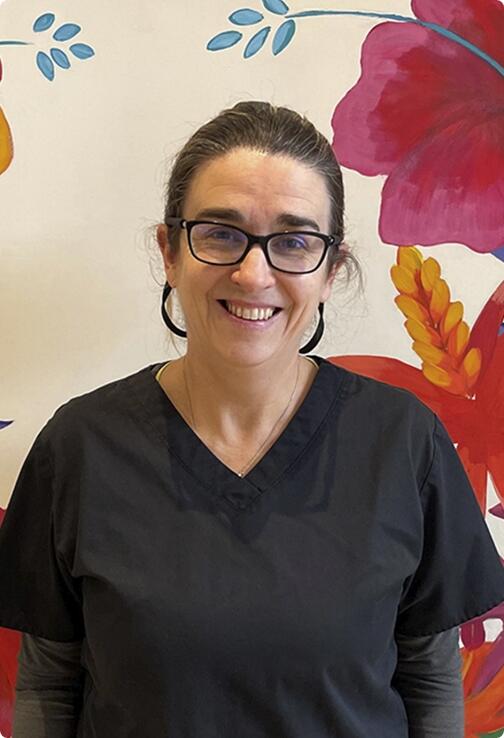

Sound Medicine Workshop
On Wednesday 22nd October, 7-8.15pm why not join us for our monthly sound medicine workshop?
Dr V will take you through a guided meditation using singing bowls, gongs and chimes. As you feel increasingly calmer you start to explore your body's response to sound. The vibrations and sounds at these sessions can help induce a state of deep relaxation and well-being.
No need to bring anything except yourself - we have mats, cushions, chairs and blankets so you are comfortable.
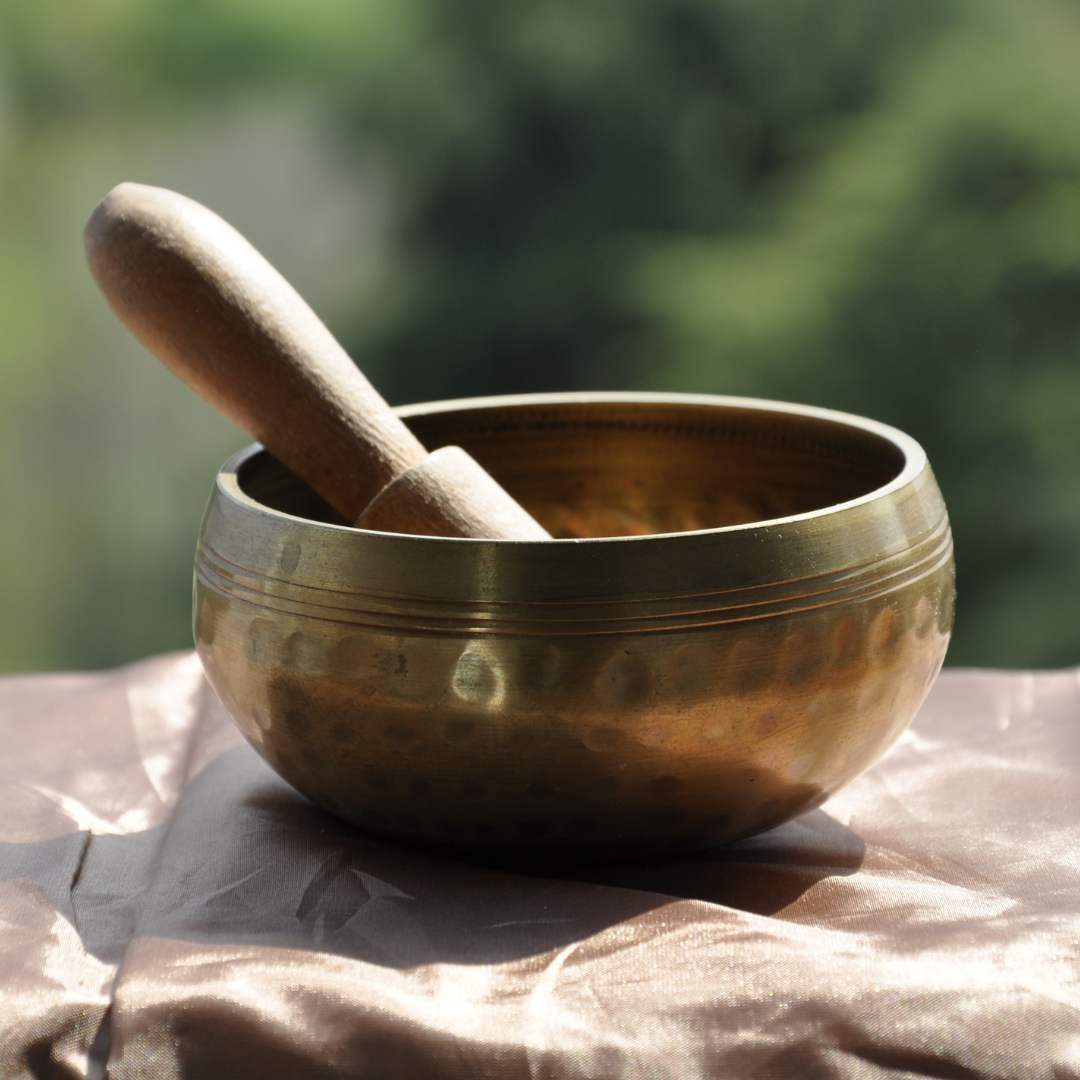
Tuesday Morning Wake up with Yoga
Wednesday Drop-in Meditations
Thursday Rejuvenating Yoga
Dates for your Diary
Every Tuesday 6.45 - 7.30am then 7.45 - 8.45am - Start your day with breathwork followed by yoga
Every Wednesday 12.30 - 1pm - Lunchtime Meditation Wednesday 22nd October 7-8.15pm - Sound Medicine Workshop
Saturday 1st and Monday 3rd November - Advanced Yoga Therapy Teacher Training - Circulatory System (click on box below for more details)
Tuesday 2nd December 7.15pm - Frankincense evening
Wednesday 3rd December 4pm - Christmas Fair
Recipes from the Nourishing Studio
In Chinese medicine, autumn is the season that governs the lungs and large intestines. This corresponds with your Yin energy, bringing in a time for slowing down and reflection to align with the seasonal transition.
To help your body adjust to these changes, enjoy warm, cooked meals like soups, stews, or baked dishes. Include fruits like apples and pears for moisture and sweetness to support lung health, while root vegetables such as squash and sweet potatoes bring some extra warmth and support your kidneys.
Top Foods for Balance through Autumn
Pears – Pears have a moistening and cooling effect, making them especially beneficial for relieving internal dryness, particularly in the lungs. They are excellent for easing dry coughs, supporting skin health, and promoting overall hydration.
Walnuts – A TCM powerhouse, walnuts nourish the Kidneys and support brain health. They contain omega-3 fatty acids, associated with heart health and overall vitality.
Black Sesame Seeds – These seeds are an excellent way to nourish yin energy, packed with nutrients, strengthen hair and bones, and improve skin health.
Ginger – Ginger is a warming spice that supports healthy digestion, boosts circulation, and helps the body maintain internal warmth, making it a powerful ally against colds and seasonal chills.
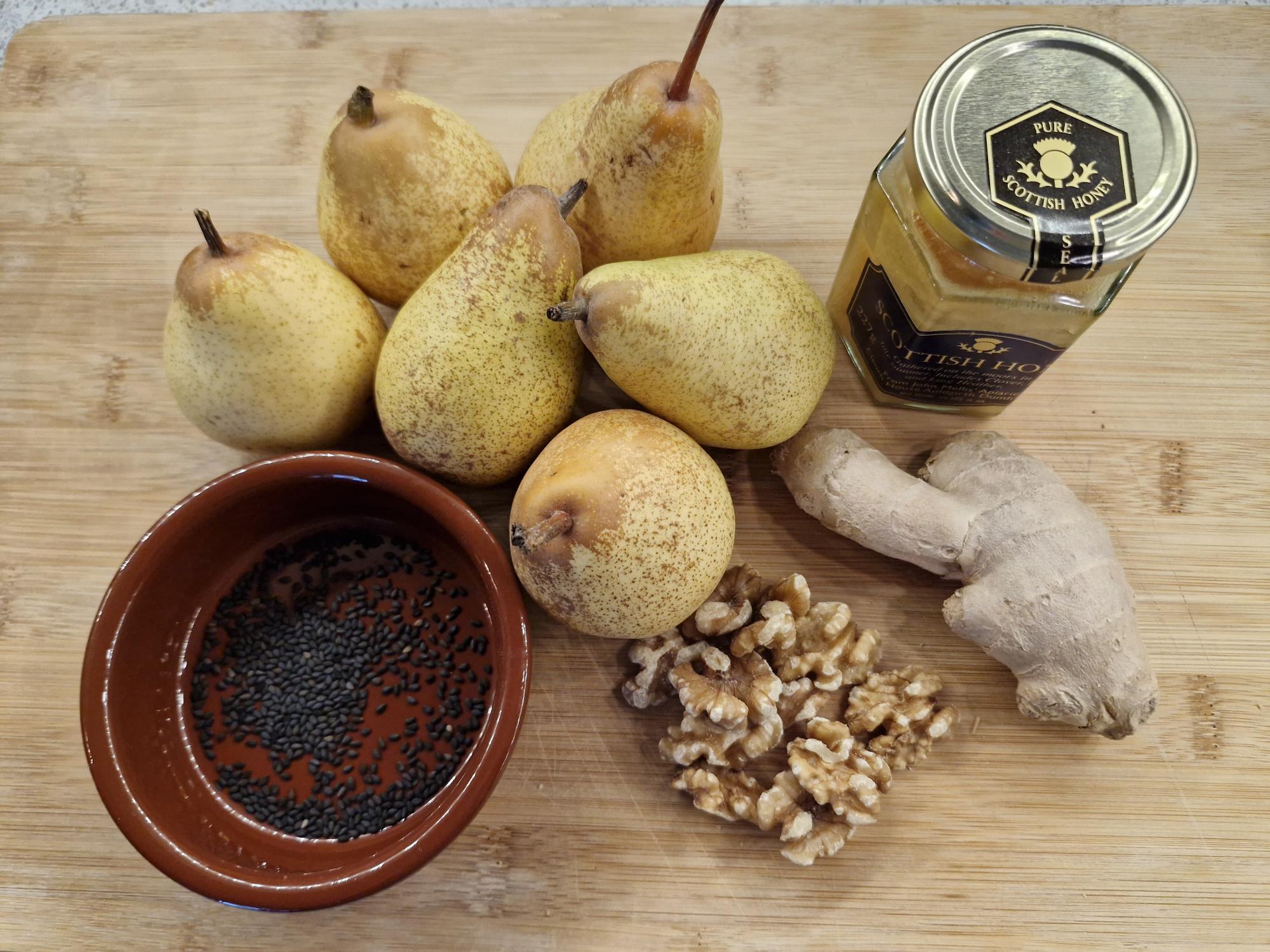
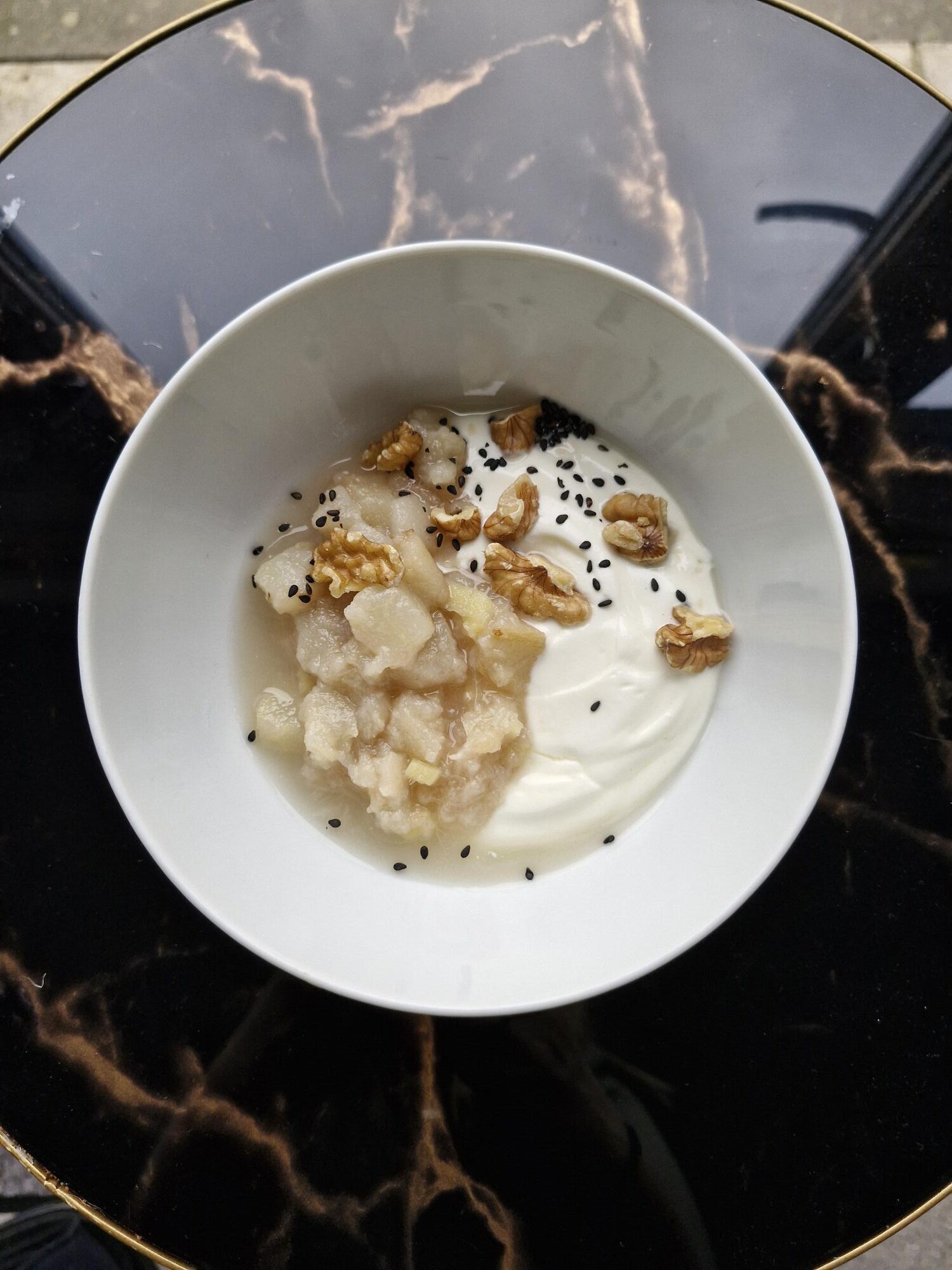
|
||
|